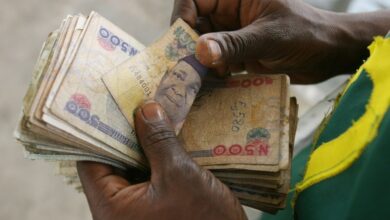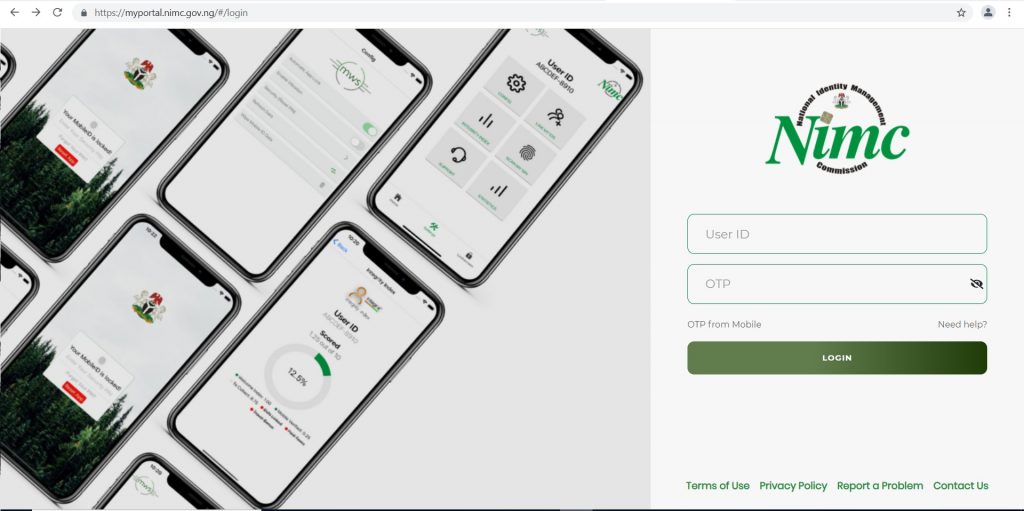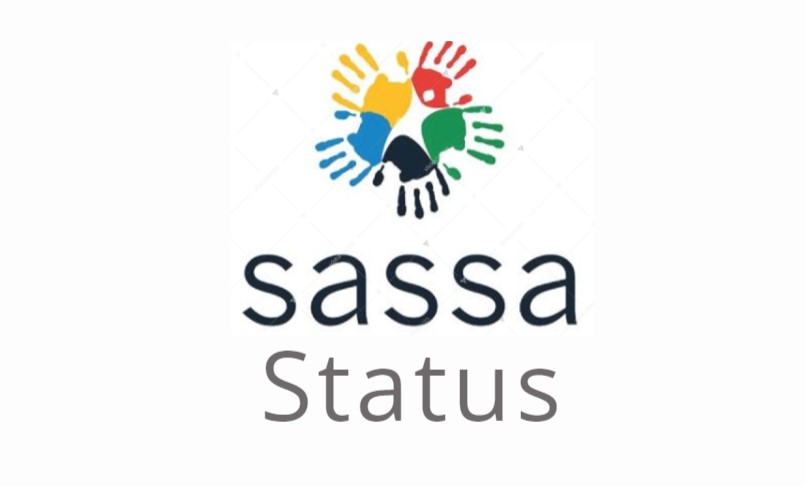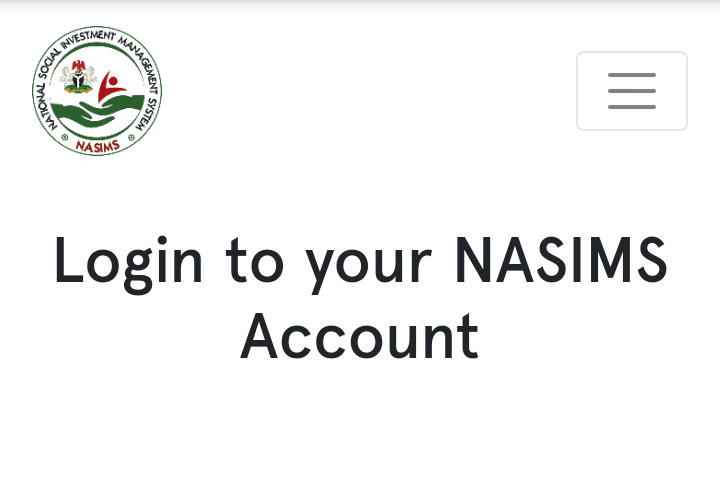List Of 91 Political Parties In Nigeria (Complete List)
List Of 91 Political Parties In Nigeria | Their Names And Acronym. This article contains list of all the political parties in nigeria, their roles, functions and more information about political parties in Nigeria. Political Parties In Nigeria:
Political Parties In Nigeria:
A political party is an organized group of individuals who share similar political ideologies, goals, and interests. Political parties play a fundamental role in democratic systems, as they serve as vehicles for political participation, representation, and governance.
Who Formed The First Political Party in Nigeria
The first political party in Nigeria was the Nigerian National Democratic Party (NNDP), which was formed by Herbert Macaulay in 1923. Macaulay was a prominent Nigerian nationalist and activist who played a crucial role in the country’s struggle for independence. The NNDP was established to advocate for the rights and political representation of Nigerians under British colonial rule. Macaulay’s efforts laid the foundation for subsequent political movements and parties in Nigeria.
See Also: List 10 Importance of Agriculture in Nigeria (Full Details)
Top 10 Characteristics And Functions Of Political Parties
Here are some key characteristics and functions of political parties:
- Representation: Political parties aim to represent the interests and concerns of specific segments of the population. They seek to attract members and supporters who align with their ideological positions and policy agendas.
- Platform and Ideology: Parties develop a set of principles, values, and policy positions that form their platform or manifesto. This platform guides their decision-making and serves as a basis for seeking public support.
- Elections and Candidates: Parties nominate and field candidates for elected offices, such as presidents, legislators, governors, and local government representatives. Parties provide a framework for individuals to run for office and mobilize voters.
- Political Campaigns: Parties organize political campaigns to promote their candidates, raise awareness about their platforms, and engage with voters. Campaigns often involve activities like public rallies, door-to-door canvassing, media advertisements, and debates.
- Policy Formulation: Parties engage in policy development and propose solutions to societal issues. They may draft legislation, create policy platforms, and advocate for their positions within the legislative process.
- Interest Articulation: Political parties serve as a platform for individuals and groups to express their political interests, concerns, and grievances. They act as intermediaries between citizens and the government, advocating for the needs of their constituents.
- Political Power and Governance: Parties seek political power by winning elections. When a party or a coalition of parties secures a majority in the legislature or executive branch, they form the government and assume responsibility for governing the country or jurisdiction.
- Party Discipline: Parties often have internal structures and mechanisms to maintain cohesion and discipline among their members. This ensures that party members generally support the party’s official positions and vote accordingly on legislative matters.
- Accountability: Parties are accountable to their members, supporters, and the broader public. They are expected to uphold their stated principles, deliver on their promises, and act in the best interests of the people they represent.
- Socialization and Mobilization: Parties play a role in political socialization, shaping the political attitudes, beliefs, and behaviors of their members and supporters. They also mobilize their base and encourage voter turnout during elections.
You should also note that the specific nature and functions of political parties can vary across different countries and political systems.
See Also: 36 States And Capital And Their Slogans And Their Governors
List 20 Political Parties in Nigeria
list of the first 20 political parties in Nigeria:
| S/N | Party Name | Acronym |
|---|---|---|
| 1 | Accord | A |
| 2 | Action Alliance | AA |
| 3 | African Action Congress | AAC |
| 4 | Advanced Allied Party | AAP |
| 5 | All Blending Party | ABP |
| 6 | Advanced Congress of Democrats | ACD |
| 7 | Allied Congress Party of Nigeria | ACPN |
| 8 | Alliance For Democracy | AD |
| 9 | African Democratic Congress | ADC |
| 10 | Action Democratic Party | ADP |
| 11 | All Grassroots Alliance | AGA |
| 12 | All Grand Alliance Party | AGAP |
| 13 | Advanced Nigeria Democratic Party | ANDP |
| 14 | Alliance for New Nigeria | ANN |
| 15 | Alliance National Party | ANP |
| 16 | Abundant Nigeria Renewal Party | ANRP |
| 17 | African Peoples Alliance | APA |
| 18 | All Progressives Congress | APC |
| 19 | Advanced People Democratic Alliance | APDA |
| 20 | All Progressive Grand Alliance | APGA |
List 91 Political Parties in Nigeria
list of political parties in Nigeria along with their party names and acronyms:
| S/N | Party Name | Acronym |
|---|---|---|
| 1 | Accord | A |
| 2 | Action Alliance | AA |
| 3 | African Action Congress | AAC |
| 4 | Advanced Allied Party | AAP |
| 5 | All Blending Party | ABP |
| 6 | Advanced Congress of Democrats | ACD |
| 7 | Allied Congress Party of Nigeria | ACPN |
| 8 | Alliance For Democracy | AD |
| 9 | African Democratic Congress | ADC |
| 10 | Action Democratic Party | ADP |
| 11 | All Grassroots Alliance | AGA |
| 12 | All Grand Alliance Party | AGAP |
| 13 | Advanced Nigeria Democratic Party | ANDP |
| 14 | Alliance for New Nigeria | ANN |
| 15 | Alliance National Party | ANP |
| 16 | Abundant Nigeria Renewal Party | ANRP |
| 17 | African Peoples Alliance | APA |
| 18 | All Progressives Congress | APC |
| 19 | Advanced People Democratic Alliance | APDA |
| 20 | All Progressive Grand Alliance | APGA |
| 21 | Allied Peoples Movement | APM |
| 22 | Alternative Party of Nigeria | APN |
| 23 | Action Peoples Party | APP |
| 24 | Alliance of Social Democrats | ASD |
| 25 | Alliance for United Nigeria | AUN |
| 26 | Better Nigeria Progressive Party | BNPP |
| 27 | Coalition for Change | C4C |
| 28 | Change Advocacy Party | CAP |
| 29 | Change Nigeria Party | CNP |
| 30 | Congress of Patriots | COP |
| 31 | Democratic Alternative | DA |
| 32 | Democratic People Congress | DPC |
| 33 | Democratic People Party | DPP |
| 34 | Freedom and Justice Party | FJP |
| 35 | Fresh Democratic Party | FRESH |
| 36 | Grassroots Development Party of Nigeria | GDPN |
| 37 | Green Party of Nigeria | GPN |
| 38 | Hope Democratic Party | HDP |
| 39 | Independent Democrats | ID |
| 40 | Justice Must Prevail Party | JMPP |
| 41 | Kowa Party | KP |
| 42 | Liberation Movement | LM |
| 43 | Labour Party | LP |
| 44 | Legacy Party of Nigeria | LPN |
| 45 | Mass Action Joint Alliance | MAJA |
| 46 | Modern Democratic Party | MDP |
| 47 | Masses Movement of Nigeria | MMN |
| 48 | Mega Party of Nigeria | MPN |
| 49 | Movement for The Restoration and Defense of Democracy | MRDD |
| 50 | National Action Council | NAC |
| 51 | Nigeria Community Movement Party | NCMP |
| 52 | National Conscience Party | NCP |
| 53 | Nigeria Democratic Congress Party | NDCP |
| 54 | Nigeria Democratic Liberty Party | NDLP |
| 55 | Nigeria Elements Progressive Party | NEPP |
| 56 | Nigeria for Democracy | NFD |
| 57 | New Generation Party of Nigeria | NGP |
| 58 | National Interest Party | NIP |
| 59 | New Nigeria Peoples Party | NNPP |
| 60 | Nigeria Peoples Congress | NPC |
| 61 | New Progressive Movement | NPM |
| 62 | National Rescue Movement | NRM |
| 63 | National Unity Party | NUP |
| 64 | Peoples Coalition Party | PCP |
| 65 | People for Democratic Change | PDC |
| 66 | People for Democratic Movement | PDM |
| 67 | Peoples Democratic Party | PDP |
| 68 | Progressive People Alliance | PPA |
| 69 | Providence People Congress | PPC |
| 70 | People Party of Nigeria | PPN |
| 71 | People Progressive Party | PPP |
| 72 | People Redemption Party | PRP |
| 73 | Peoples Trust | PT |
| 74 | Reform and Advancement Party | RAP |
| 75 | Re-build Nigeria Party | RBNP |
| 76 | Restoration Party of Nigeria | RP |
| 77 | Save Nigeria Congress | SNC |
| 78 | Social Democratic Party | SDP |
| 79 | Sustainable National Party | SNP |
| 80 | Socialist Party of Nigeria | SPN |
| 81 | United People Congress | UPC |
| 82 | United Democratic Party | UDP |
| 83 | United Patriots | UP |
| 84 | Unity Party of Nigeria | UPN |
| 85 | United Progressive Party | UPP |
| 86 | We The People Nigeria | WTPN |
| 87 | Young Democratic Party | YDP |
| 88 | Yes Electorates Solidarity | YES |
| 89 | Youth Party | YP |
| 90 | Young Progressive Party | YPP |
| 91 | Zenith Labour Party | ZLP |
See Also: Port Harcourt Postal Code – Port Harcourt Zip Code (Full List)
Types Of Political Parties in Nigeria
In Nigeria, political parties can be categorized into different types based on various factors such as ideology, historical background, and representation. Here are some common types of political parties in Nigeria:
- Ideological Parties: These parties are formed based on specific political ideologies or beliefs. Examples include socialist parties, conservative parties, liberal parties, and social democratic parties. These parties advocate for policies and principles aligned with their respective ideologies.
- Major Parties: Major parties are typically the dominant or prominent political parties in Nigeria. They often have a significant presence in terms of membership, resources, and electoral performance. Examples include the All Progressives Congress (APC) and the People’s Democratic Party (PDP).
- Regional Parties: Nigeria has seen the emergence of regional parties that focus on representing the interests and concerns of specific regions or ethnic groups within the country. These parties aim to address region-specific issues and promote regional development.
- Ethnic-based Parties: Some parties have a strong ethnic or cultural focus, aiming to represent the interests of specific ethnic groups in Nigeria. These parties prioritize the concerns and aspirations of particular ethnic communities.
- Religious Parties: Religious-based parties emphasize religious principles and values in their political agenda. They aim to promote policies and governance based on religious doctrines and teachings.
- Youth Parties: These parties focus on engaging and mobilizing young people, advocating for youth-oriented policies, and addressing the specific challenges faced by the youth population in Nigeria.
- Single-Issue Parties: Single-issue parties are formed to address a specific policy concern or agenda. They concentrate on advocating for a particular cause, such as environmental protection, human rights, or anti-corruption.
- Coalition Parties: Coalition parties are formed through alliances or mergers between multiple political parties. These alliances are often created to increase electoral strength and form broader coalitions to compete in elections.
- New or Emerging Parties: New or emerging parties are relatively recent additions to the Nigerian political landscape. These parties are formed as alternatives to established parties and often aim to bring fresh perspectives, policies, and leadership.
Political parties in Nigeria can evolve, change their ideologies, or reposition themselves over time. We will keep you updated if there is any change in future.
Frequently Asked Questions Regarding Political Parties In Nigeria
1. First Political Party in Nigeria
The first political party in Nigeria was the Nigerian National Democratic Party (NNDP). The party played a significant role in mobilizing the Nigerian people and laying the foundation for subsequent political movements and parties in the country. It was formed by Herbert Macaulay in 1923.
2. How Many Political Parties Do We Have in Nigeria
Nigeria has a total of 91 registered political parties. These parties are recognized by the Independent National Electoral Commission (INEC) and are eligible to participate in elections and engage in political activities.
Recommended: Top 250 Ethnic Groups In Nigeria, Their Languages And States
Conclusion
Political parties in Nigeria
play a crucial role in the country’s democratic system. They represent various ideological perspectives, advocate for specific policies, and compete for political power through elections. Nigeria has a diverse range of political parties, including major parties, regional parties, ethnic-based parties, and more. These parties contribute to political representation, policy formulation, and societal engagement.
Kindly Share This Post: If you think this post can be helpful to somebody else, please share it using the buttons below!!!


